Explore Non-invasive Vascular Testing
This online CME program — developed in partnership with the Society for Vascular Medicine — spans 30+ lectures that will expose you to all aspects of non-invasive testing. Abundant case study materials and over 100 registry-type exam questions will help those who work within the non-invasive vascular laboratory to prepare for the RPVI examination. This continuing medical edcuation program will also provide valuable insight on:
- Imaging techniques (B-mode, color and spectral Doppler, physiological testing)
- Various testing protocols and diagnostic criteria
- A broad range of vascular pathology, both common and rare
- Fundamentals of vascular physics
- Quality improvement and patient safety
- And more…
Expand Your Skills
Available online, A Comprehensive Review of Vascular Ultrasound Interpretation and Registry Preparation provides a maximum of 14.00 AMA PRA Category 1 Credits ™ and 14 ABIM MOC points. Get access to unbiased, evidence-based content and case-based reviews so you can expand your knowledge and incorporate the latest guidelines into your daily practice.
Designation
Oakstone Publishing designates this enduring material for a maximum of 14.00 AMA PRA Category 1 Credits ™. Physicians should claim only the credit commensurate with the extent of their participation in the activity.
Successful completion of this CME activity, which includes participation in the evaluation component, enables the participant to earn up to 14.00 Medical Knowledge MOC points in the American Board of Internal Medicine’s (ABIM) Maintenance of Certification (MOC) program. It is the CME activity provider’s responsibility to submit participant completion information to ACCME for the purpose of granting ABIM MOC credit.
Date of Original Release: December 31,2020
Date Credits Expire: December 31, 2023
CME credit is obtained upon successful completion of an online activity post-test and evaluation.
Unique Learning Objectives
At the conclusion of this CME activity, you will be better able to:
- Recognize basic ultrasound physics concepts and their application to vascular ultrasound
- Identify common imaging and Doppler artifacts encountered in the vascular laboratory
- Use B-mode imaging, color Doppler analysis, and spectral Doppler waveforms to assist in the diagnosis of arterial and venous disease
- Apply interpretation skills for diagnosis of internal carotid artery stenosis using duplex ultrasound
- Apply interpretation skills for diagnosis of acute venous thrombosis and venous valvular reflux using duplex ultrasound
- Use arterial duplex and physiological testing to assess severity and anatomic location of lower extremity arterial disease
- Apply standard diagnostic criteria to diagnose abdominal aortic aneurysm (AAA) and renal and mesenteric artery stenosis using duplex ultrasound
- Recognize uncommon and rare vascular disorders encountered in the vascular laboratory
- Identify areas of knowledge deficit to improve preparation for the ARDMS Registered Physician in Vascular Interpretation (RPVI) examination
Topics/Speakers:
* Preparing for the Registry Examination and Introduction to the SVM Clinical Update – Heather L. Gornik, MD, RVT, RPVI, FSVM
* Vascular Ultrasound Technology Part 1 – Frederick Kremkau, PhD
* Basics of the Carotid Duplex Examination – Heather L. Gornik, MD, RVT, RPVI, FSVM
* Carotid Evaluation Following Endarterectomy and Stenting – Carotid Interpretive Pitfalls – R. Eugene Zierler, MD, RPVI, FACS, FSVM
* Non-atherosclerotic Cerebrovascular Disease: Duplex Findings – Daniella Kadian-Dodov, MD, RPVI, FSVM
* Aortic Arch Vessel and Vertebral Artery Findings, Subclavian Steal – Daniella Kadian-Dodov, MD, RPVI, FSVM
* Interpretive Case Review: Carotid, Vertebral, and Subclavian Arteries – Rapid Fire Cases – Aditya Sharma, MBBS, RPVI, FSVM
* Lower Extremity Arterial Physiological Testing (ABI, Segmental Doppler/PVR, TcPO2) – Paul Wennberg, MD, FSVM
* Lower Extremity Arterial Duplex – Native Arteries, Bypass Grafts, and Stents – R. Eugene Zierler MD, RPVI, FACS, FSVM
* Upper Extremity Arterial Testing (Arterial Duplex and Physiologic Testing) – Esther S.H. Kim, MD, MPH, RPVI
* Interpretive Case Review: Physiologic Testing and Duplex of Native Lower Extremity Arteries – R. Eugene Zierler MD, RPVI, FACS, FSVM
* Interpretive Case Review: Duplex Assessment of Arterial Bypass Grafts and Stents – Rapid Fire Cases – Ido Weinberg, RPVI, FSVM
* Renal (Native and Transplant) Duplex Ultrasound, Renal Stents – Daniella Kadian-Dodov, MD, RPVI, FSVM
* Mesenteric Artery Duplex – Heather L. Gornik, MD, RVT, RPVI, FSVM
* Assessment of the Aorta, Surveillance of AAA, and Follow-up of Aortic Endografts – R. Eugene Zierler MD, RPVI, FACS, FSVM
* Duplex Doppler Assessment of Hepatic Vasculature – Myra Feldman, MD
* Interpretive Case Review: Abdominal Imaging – Abdominal Aorta, AAA; and Endografts; Renal and Mesenteric Ultrasound – Rapid Fire Cases – Natalia Fendrikova Mahlay, MD, RPVI, FSVM
* Vascular Ultrasound Technology Part 2 – Frederick Kremkau, PhD
* Venous Duplex for Diagnosis of DVT/SVT – Heather L. Gornik, MD, RVT, RPVI, FSVM
* Bare Bones for the Boards: Venous Physiological Testing – Paul Wennberg, MD, FSVM
* Venous Duplex for Assessment of Venous Valvular Incompetency, Mapping for Endovenous Therapies, Assessing for EHIT – Raghu Kolluri, MD, RVT, FSVM
* Key Non-Vascular Incidental Findings Every Reader Should Know – Myra Feldman, MD
* Interpretive Case Review: Venous Testing (Thrombosis, Incompetency, Venous TOS, Venous Stents, Other) – Rapid Fire Cases – Raghu Kolluri, MD, RVT, FSVM
* Transducer Selection, Image Optimization, Spectral and Color Doppler and B-Mode Artifacts – Ann Marie Kupinski, PhD, RVT, RDMS, FSVU
* Mock Examination Questions: Essentials of Accreditation, Patient Care and Safety, Quality Assurance, and Test Validation – Heather L. Gornik, MD, RVP, RPVI, FSVM
* Physics, Technology, and Instrumentation Mock Examination Questions – Ann Marie Kupinski, PhD, RVT, RDMS, FSVU
* Arterial Access Complications – Esther S.H. Kim, MD, MPH, RPVI
* Dialysis Access Mapping and Post Procedure Evaluation – Just the Essentials – Ann Marie Kupinski, PhD, RVT, RDMS, FSVU
* Transcranial Doppler – Essentials – Larry Raber RVT, RDMS, RT
* Mock RPVI Examination Questions – TCD / TCI – Larry Raber, RVT, RDMS, RT
* Interpretive Case Review: Access Complications, Dialysis Access, Vascular “Zebras” (Rare Disorders) – Natalia Fendrikova Mahlay, MD, RPVI, FSVM
* Mock Examination Questions: Session I – Esther S.H. Kim, MD, MPH, RPVI
* Mock Examination Questions: Session II – Aditya Sharma, MBBS, RPVI, FSVM
* Mock Examination Questions: Session III – Ido Weinberg, RPVI, FSVM

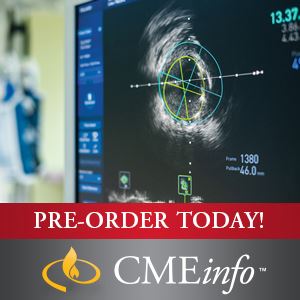
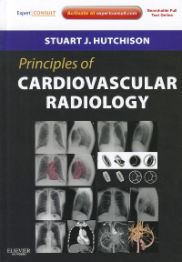
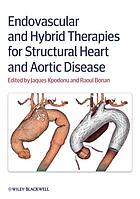
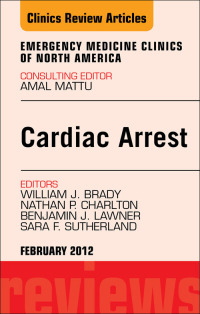
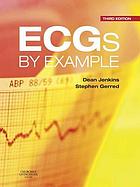
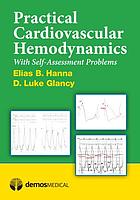
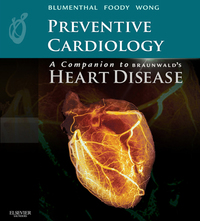
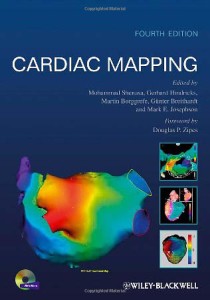
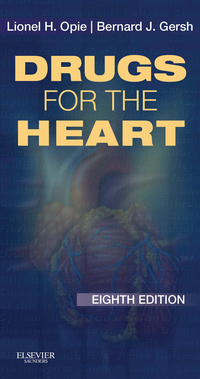
Reviews
There are no reviews yet.